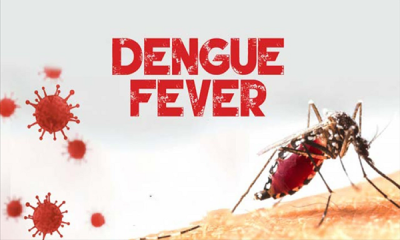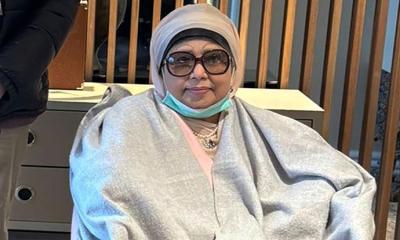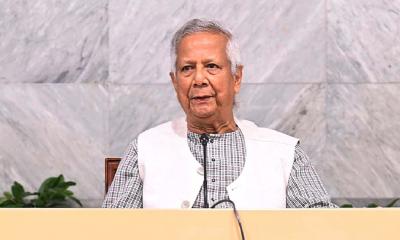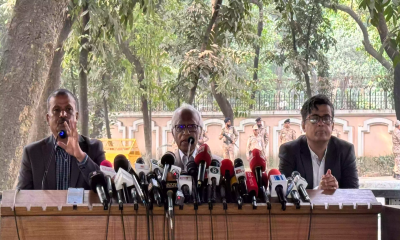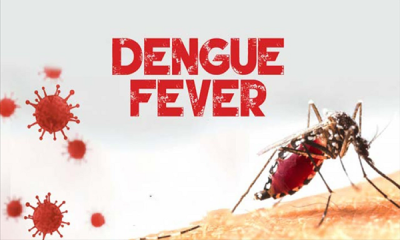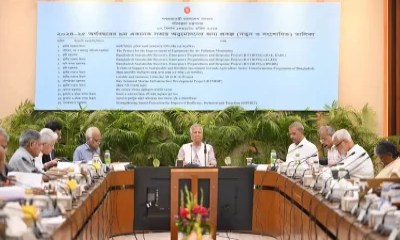Human trafficking has become one of the fastest-growing and most lucrative transnational crimes worldwide, generating a staggering $150 billion annually, according to the United Nations. The crime affects men, women, and children alike, exploiting them in forced labor, sexual abuse, online scams, forced marriages, and drug trafficking.
This grim reality was highlighted at a seminar held on July 30, 2025, at Dhaka’s Sonargaon Hotel, marking the World Day Against Trafficking in Persons. The seminar was organized by the Bangladesh United Nations Network on Migration (BDUNNM)’s Counter-Trafficking in Persons Technical Working Group in collaboration with the Ministry of Home Affairs.
Over 50 Million People in Modern Slavery
The UN reports that around 50 million people globally live in conditions of modern slavery. Among them, 12 million are children, and women and girls make up 61%. Speakers emphasized that human trafficking is no longer limited to smuggling or border crimes—it is a technologically sophisticated, multi-layered, and profit-driven criminal network exploiting gaps in supply chains, irregular migration systems, and economic vulnerabilities.
Over 4,000 Pending Trafficking Cases in Bangladesh
According to data shared during the seminar, more than 4,291 human trafficking cases are pending in Bangladesh’s special tribunals as of mid-2024. Nearly 16,000 individuals have been arrested in these cases. However, out of 662 resolved cases, only 38 led to convictions with imprisonment and fines. Five traffickers received life sentences, 55 were given varying terms, while nearly 1,200 were acquitted due to lack of evidence.
In addition, 1,079 new cases had formal charges framed. Experts believe that despite existing laws, challenges in evidence collection and enforcement continue to hamper justice.
Victim Protection and Technology Needed
Speakers stressed the need for a victim-centered approach and greater use of technology in legal proceedings. Many victims hesitate to testify due to fear or trauma, while others remain stranded abroad without diplomatic support.
Lance Bonneau, Chief of Mission of IOM Bangladesh, said, “Trafficking is a violation of human rights. Tackling this organized crime requires not just laws, but also tech-driven investigations and regional coordination.”
KOICA’s Deputy Country Director Sujin Kong noted that their awareness campaign reached over 2 million people. They also supported survivors with livelihood training, reintegration, and psychosocial care.
Policy Roadmap Ahead
Future initiatives discussed included expanding the National Referral Mechanism (NRM), updating victim identification guidelines, enacting witness protection laws, and increasing the number of special tribunals.
There was also a strong call to address the root causes of irregular migration and ensure safer, legal, and affordable migration pathways.
Khandaker Md. Mahbubur Rahman, Additional Secretary of the Home Ministry, stated, “We will not only rely on law enforcement but prioritize the rights and rehabilitation of trafficking victims.”
Call to Action for Authorities
The seminar concluded with a call for more proactive roles by law enforcement, border control agencies, and international partners. Surveillance must be intensified at transport hubs, border zones, and digital platforms to detect and disrupt trafficking activities.
Senior representatives from the Ministry of Law, the CID, Special Branch, and Police Headquarters also spoke on the role of law enforcement and the importance of treating trafficking as an organized crime requiring interagency coordination.


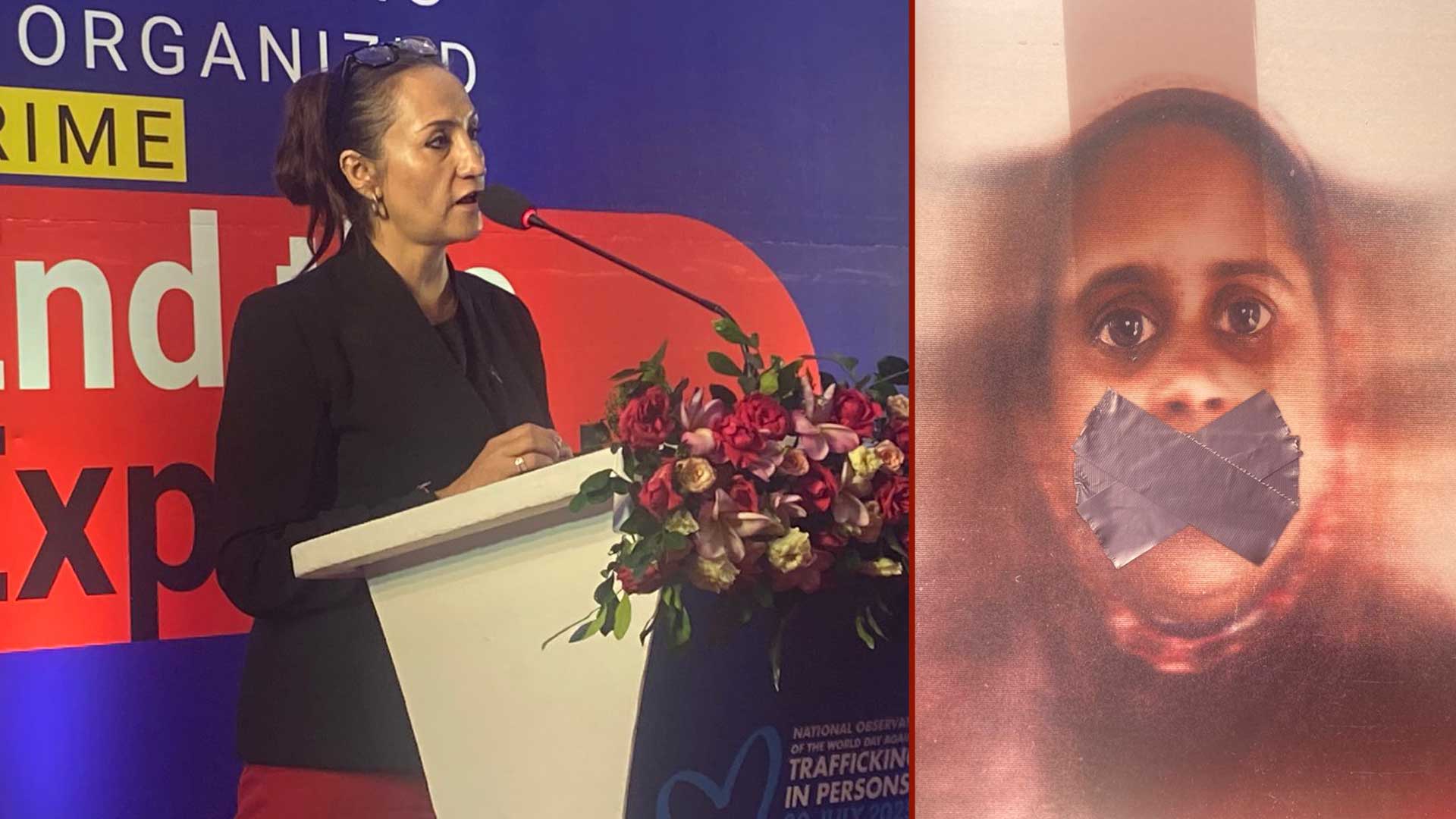


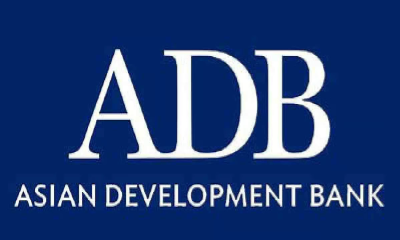


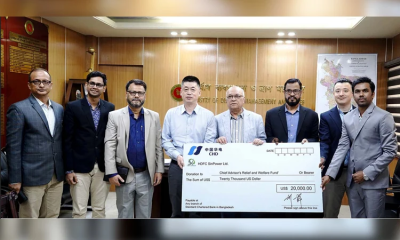
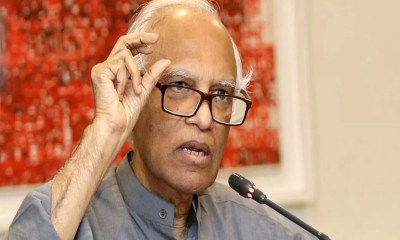
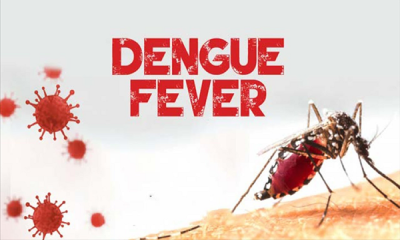
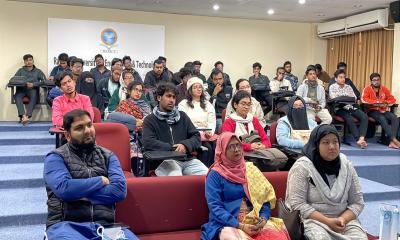

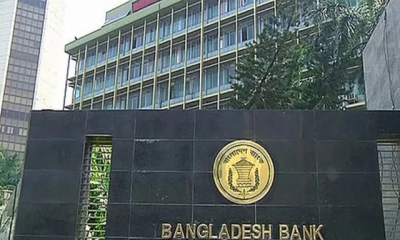

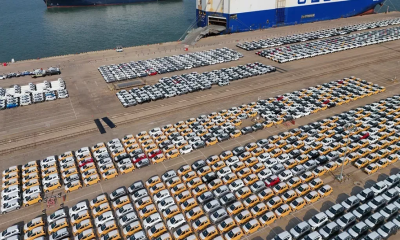
-20251207131533.jpg)

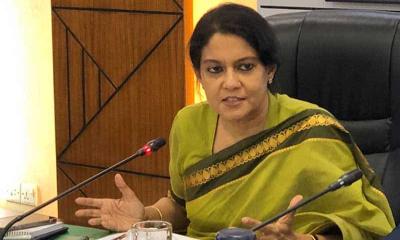

-(25)-20251122062715-20251202031751.jpeg)
-(25)-20251122062715-20251204041734.jpeg)
